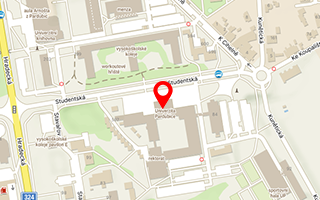Publikace detail
Role of railways in empowering travelers: A case study from the Czech Republic
Autoři:
Jade Radhika | Molková Tatiana
Rok: 2015
Druh publikace: článek v odborném periodiku
Název zdroje: Journal of Rail Transport Planning and Management
Název nakladatele: Elsevier Science BV
Místo vydání: Amsterdam
Strana od-do: 31-49
